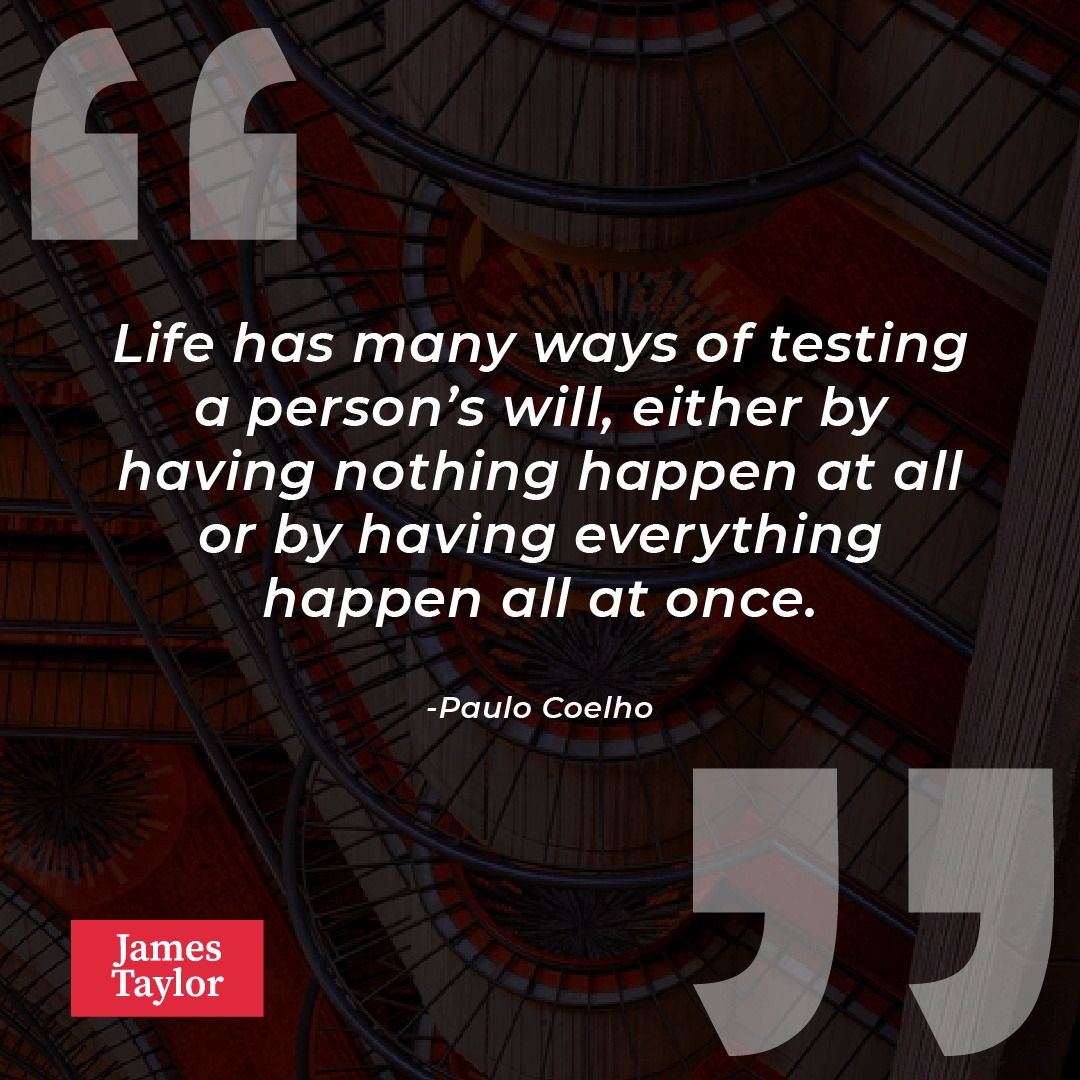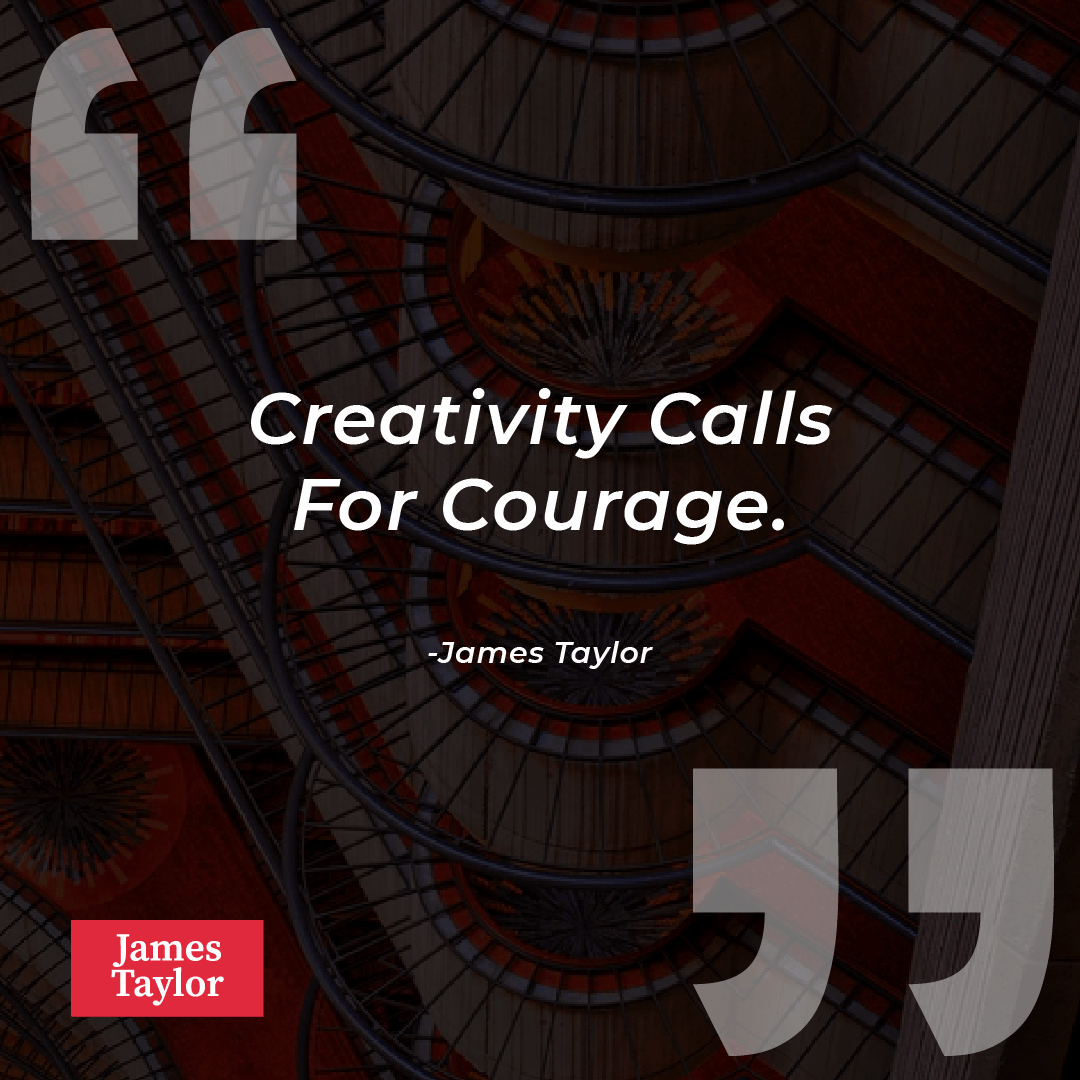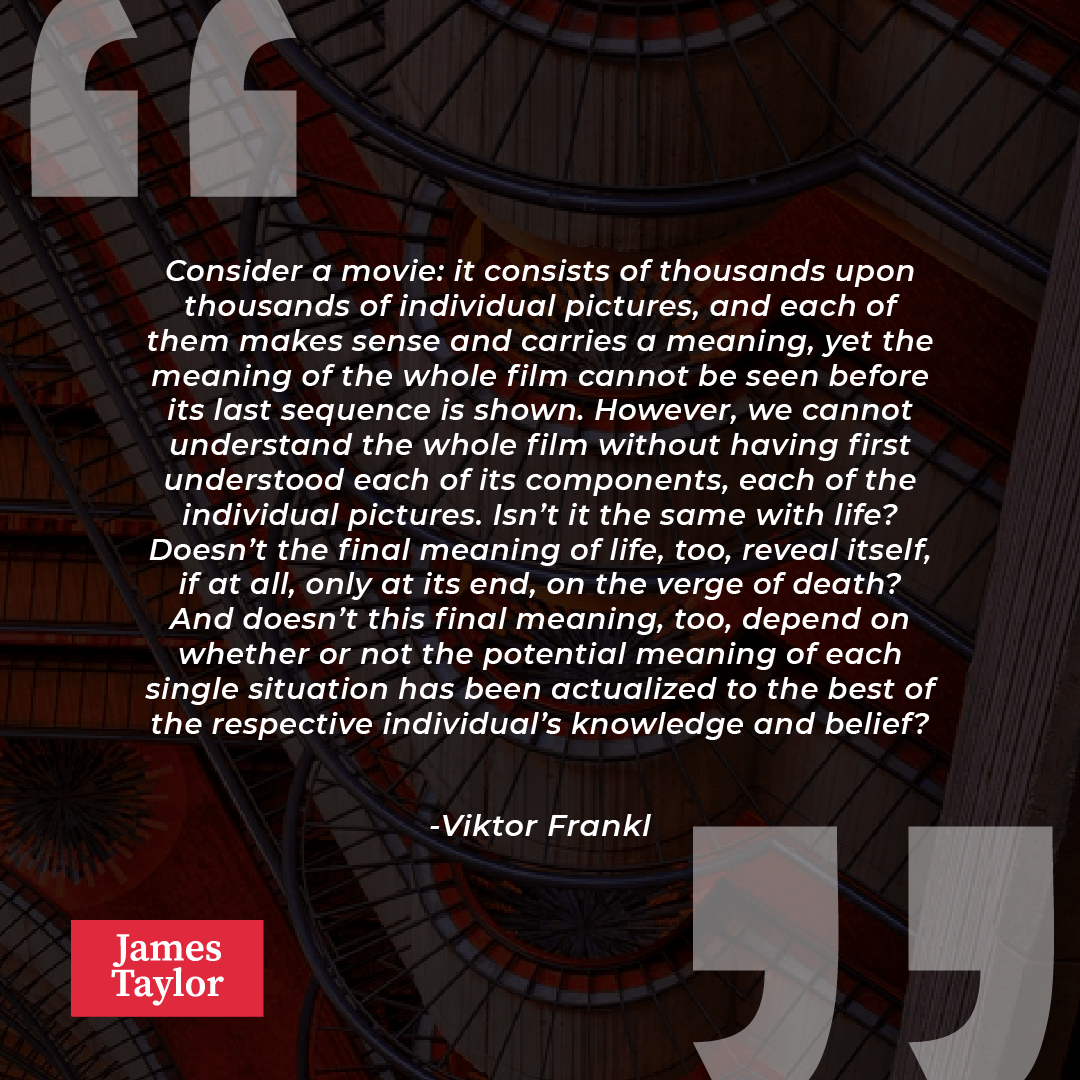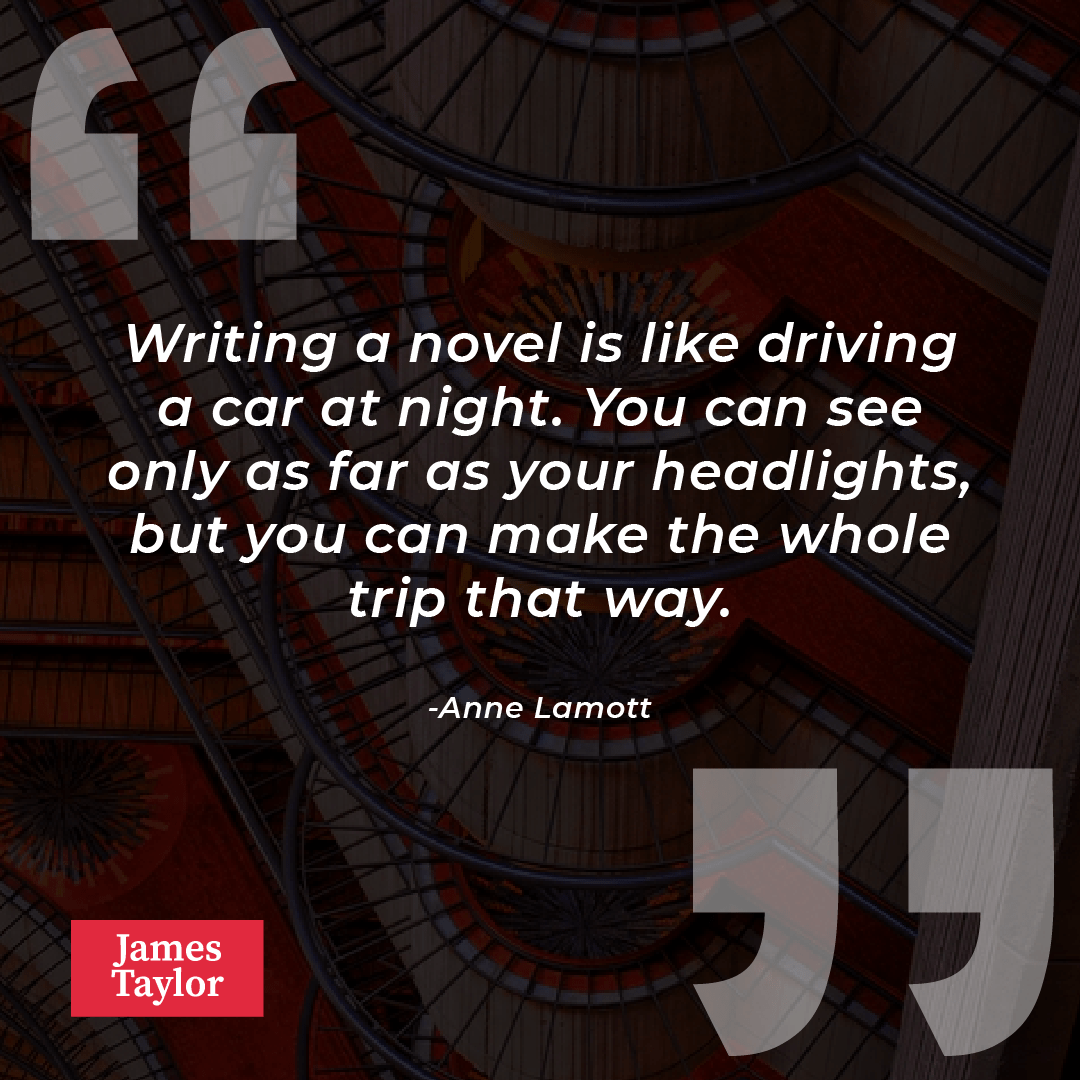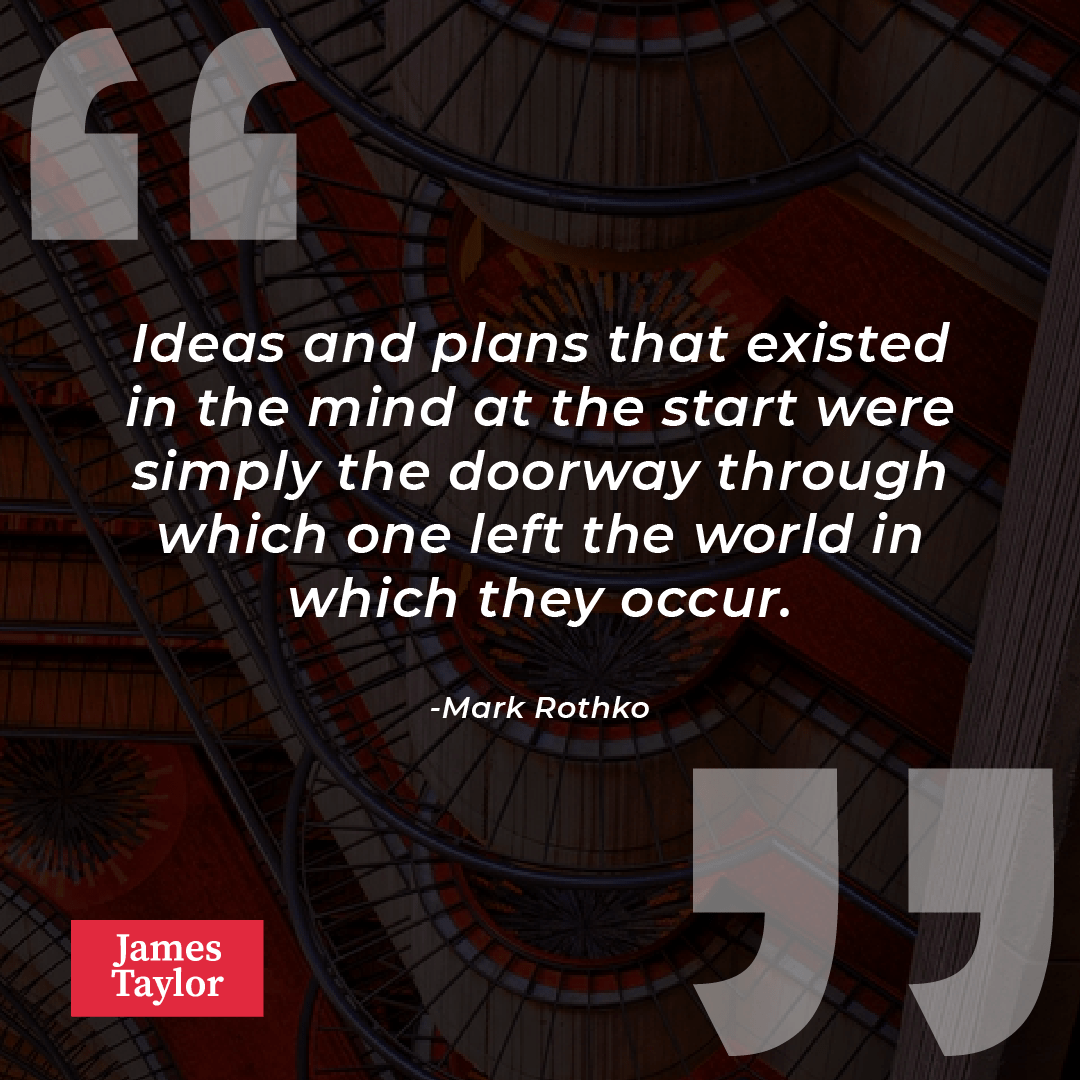LISTEN TO THE PODCAST
How To Avoid Overwhelm
Ever feel overwhelmed by life? Are you overloaded with all the tasks on your to-do list? Do the waves of new projects and ideas sometimes engulf you? Let’s talk about how to avoid overwhelm.
The writer Paulo Coelho once said that “Life has many ways of testing a person’s will, either by having nothing happen at all or by having everything happen all at once.”
Enjoy access to my free Creativity Blueprint training course where I help you unlock your creative potential, break down creative blocks and unleash your creative genius. Click here to gain access.
INSPIRATIONAL QUOTES
FULL TRANSCRIPT
Quick Braindump
Ever feel overwhelmed by life? Are you overloaded with all the tasks on your to-do list? Do the waves of new projects and ideas sometimes engulf you? Let’s talk about how to avoid overwhelm.
The writer Paulo Coelho once said that “Life has many ways of testing a person’s will, either by having nothing happen at all or by having everything happen all at once.”
When it feels like everything is happening at once it is easy to become overwhelmed. A good first step is to do a quick braindump and get everything out of your head onto the page. This helps us see the edges.
However, once you have all your random thoughts, tasks, and projects out of your head and into some physical form you need to decide what they mean to you. For example, let’s imagine some of these random thoughts and tasks related to a project you want to complete.
Some people like to map out all of the steps first in order to be able to see a clear picture of the major milestones, the timeline, and what the finished project must look like. This works very well for non-creative tasks as chances are there is already a template, a roadmap or an established way of doing things.
If that is the case you simply need to ask the question ‘what will success look like at the end’. Then ask yourself, ‘in order for the final project or goal to be achieved, what would be a task I would need to complete just before that?’ And what would be the task before that? Gradually you work your way backward and arrive and the very first step or task you should complete. In a sense, you are creating mental breadcrumbs for yourself.
Paralysis By Analysis
However, not all projects are like this. When it comes to more creative projects or longer-term goals or if you are a more experimental creative then trying to go into this level of granular detail at the start is the worst thing you can do. You’ll often experience paralysis by analysis. You’ll quickly feel overwhelmed.
For example, the experimental artist Mark Rothko once said that “Ideas and plans that existed in the mind at the start were simply the doorways through which one left the world in which they occur”.
For many, a project is not so much about the goal but the journey, to discover something about yourself and the world through the process of a series of small experiments, tasks, and tests. You may have a vague sense of where you want to go but are willing to see where your creativity takes you or what your audience or customers react best to.
If this sounds like the kind of way that you go about projects then highly detailed plans won’t serve you. Instead, I suggest you follow the advice of writer Anne Lamott who said this on how to avoid overwhelm in the process of completing a big creative project like a novel. She said:
“Writing a novel is like driving a car at night. You can see only as far as your headlights, but you can make the whole trip that way.”
‘Man’s Search For Meaning’
You don't always have to see where you're going, you don't even have to see your final destination or every little milestone you will pass along the way. You just have to see two or three feet in front of you.
For experimental creatives like Mark Rothko or Anne Lamott or many of my Silicon Valley tech friends they just need to focus on the very next step, brushstroke, paragraph, or sprint.
Sometimes our creative life, and the projects within it, only make any kind of sense at the end. In Viktor Frankl’s wonderful book ‘Man’s Search For Meaning’ he said:
“Consider a movie: it consists of thousands upon thousands of individual pictures, and each of them makes sense and carries a meaning, yet the meaning of the whole film cannot be seen before its last sequence is shown. However, we cannot understand the whole film without having first understood each of its components, each of the individual pictures. Isn’t it the same with life? Doesn’t the final meaning of life, too, reveal itself, if at all, only at its end, on the verge of death? And doesn’t this final meaning, too, depending on whether or not the potential meaning of every single situation has been actualized to the best of the respective individual’s knowledge and belief?”
You see, to not become overwhelmed requires that we get comfortable with not knowing exactly how the movie or project ends. What is important is that the scene you are in makes sense and you act it well. What is important is that you just need to focus on those next few steps.
Vestigia nulla retrorsum!
So look at the big braindump list that I asked you to do at the start. For each project what must you do today, tomorrow, and this week? And then commit to taking action because there is boldness in action. Everything else on that list you can ignore for now.
And remember, Vestigia nulla retrorsum! (no backward steps).
Creativity Calls For Courage. It requires that we commit to taking that next step forward.

